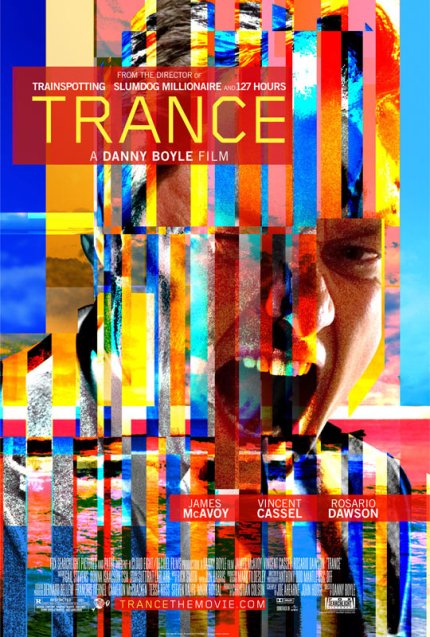
Only God Forgives by Nicolas Winding
Refn
Julian, a drug-smuggler thriving in Bangkok’s criminal underworld, sees his life get complicated when his mother
compels him to find and kill whoever is responsible for his brother’s recent death. Chang, a Thai police lieutenant, is exacting his own brand of vigilante justice and punishing everybody involved.
Only God Forgives is the classic case of a director doing a continuation of his authorial style. An aesthetic that was recognized in a previously successful film is further explored in a more extreme fashion in a follow-up piece. Very often it’s focused on using the established cinematic style to carry the entire movie. Wong Kar Wai made Fallen Angels after the success of Chungking Express. David Lynch made Inland Empire after the success of Muholland Drive. Terrence Malick made To the Wonder after Tree of Life.
Only God Forgives is Nicolas Winding Refn’s stylistic continuation of Drive. What’s stripped away is the frequent plot turns, traditional character development and character likability. These are probably the most quiet cinematic gangsters I’ve ever seen in my life. Characters are posed like empty vessels. They don’t talk much. Sometimes when they do, the director mutes their dialogue. Ryan Gosling plays a still taciturn character in a similar way he did in Drive. Kristin Scott Thomas is an effective threatening presence as Julian’s stern mother Crystal. There’s very little to draw from Gosling’s Julian, but it is there. Even within it’s morally ambiguous world, there is a clear character arc. Julian is an active character trying to find redemption but also wants to please his mother. Which leads to me to the Chang character…
Nicolas Winding Refn has said the Lieutenant Chang character represents the Old Testament God, exacting judgment and punishment on all the sinners in the story. I am not sure how clear that is in the film unless the audience read the press notes beforehand. Does the God theme really matter? In a way, yes. The film is so stoic with its characters posed like figurines, you cannot help but inject symbolism into the film’s empty canvas to derive meaning out of it. Trying to watch this film as a genre crime thriller, which is what it is on the surface, would be relatively more frustrating. Luckily I caught on to it.
The Chang character, in a perpetual black shirt with a white collar, is dressed like a priest. He is a violent enforcer of poetic justice, and all his actions are ritual-like. In a more traditional movie, Chang would have been the protagonist. Here, he’s the antagonist. From the story’s perspective, where all the characters are varyingly degrees of bad, it’s as if Chang is the Grim Reaper coming to collect souls even though he in fact is a force for good. That’s a really interesting left-field story choice and I dug that. Lieutenant Chang is the most fascinating character and a great antagonist.
There is an indulgent aspect to Only God Forgives, any director taking on big questions will naturally come off that way. Refn could have easily written a theology thesis but he’s chosen to express his thoughts with narrative film. I have no problem with that but it automatically sets up qualifiers for audiences to enjoy the film. While it is not necessary, I think having viewed Drive first will help one familiarize with Refn’s film language before seeing this movie. As for the God themes, it can go either which way. Some may find it pretentious, but I found images from the film stuck with me long after and I am still pondering the film’s themes. I found the Julian and Chang characters compelling. So for that, Only God Forgives is neither the masterpiece nor disaster that all the Cannes hype is suggesting, but more of a hyper-stylized personal statement. It will surely divide audiences, and your enjoyment will depend on how you deal with abstractions.






